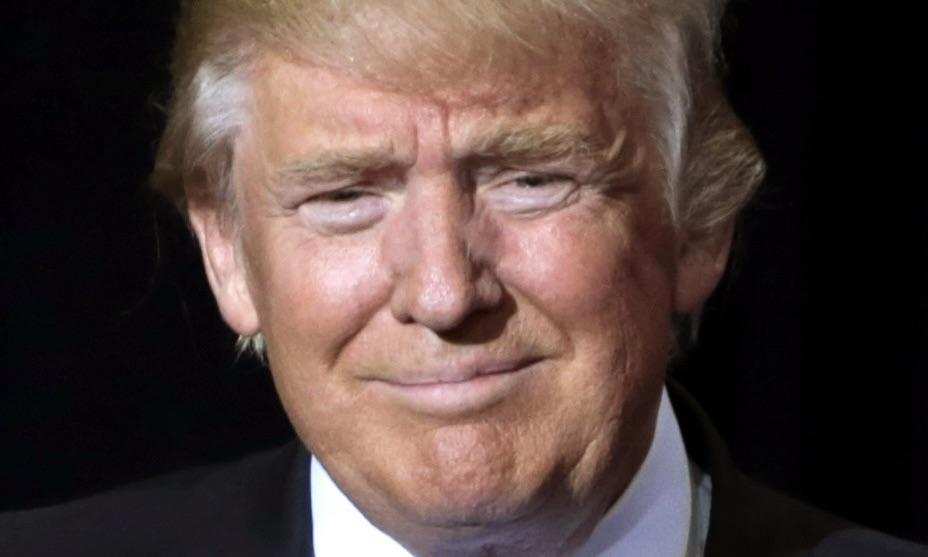Former President Donald Trump’s transition team has announced it will forego taxpayer funding for costs associated with the upcoming transition process, remaining consistent with his stated commitment to “save taxpayers’ hard-earned money.” Susie Wiles, a senior Trump aide, confirmed the decision on Tuesday, noting that the transition will instead rely on private funding sources to cover its expenses.
This move comes as Trump prepares to assume office once again following his 2024 election victory. Traditionally, presidential transitions are funded by the General Services Administration (GSA), which allocates millions in taxpayer dollars to ensure a smooth transfer of power. Trump’s decision to decline these funds, however, has drawn mixed reactions, with some hailing it as fiscally responsible and others questioning its implications for transparency.
A History of Fiscal Conservatism
Trump’s latest decision aligns with his campaign promise to prioritize government cost-cutting and accountability. In a statement released by the transition team, Wiles emphasized that the former president is committed to demonstrating fiscal discipline and reducing unnecessary government spending.
“This is about practicing what he preaches,” said Wiles. “By opting for private funding, President-elect Trump is showing that his administration will continue to prioritize fiscal responsibility.”
This is not the first time Trump has rejected government resources. During his first term, he frequently highlighted his decision to donate his presidential salary to federal agencies and programs.
Concerns Over Transparency and Accountability
Critics, however, have raised concerns about potential conflicts of interest and a lack of transparency in privately funding a presidential transition. Some argue that relying on private donations could allow special interest groups to exert undue influence during a crucial phase of governance.
Advocacy groups, including Citizens for Responsibility and Ethics in Washington (CREW), have called on the Trump team to disclose the sources of private funding and ensure the transition process remains transparent and ethical.
“This decision creates a murky situation where donors might expect political favors in return for their financial support,” said a CREW spokesperson. “Taxpayer funding ensures accountability, and rejecting it raises valid questions about who will be footing the bill.”
Public Reactions to the Move
The announcement has sparked heated discussions online, with netizens sharing a range of opinions.
- @FiscalHawk: “Finally, a leader who puts taxpayers first! This is how you run a government efficiently.”
- @TransparencyNow: “Private funding? Sounds like a way to hide who’s really pulling the strings. We deserve better.”
- @MAGA4Life: “Trump is saving us money while Biden blew through taxpayer dollars. This is why we elected him again!”
- @PolicyWatcher: “Refusing GSA funds is performative at best. Let’s see how transparent this private funding really is.”
- @LibertyAndLogic: “Taxpayer funding is the safest option for accountability. This is just Trump trying to score cheap points.”
- @FairGov2024: “Private donations for public transitions? Red flag. We need clear reporting on where this money comes from.”
Balancing Fiscal Responsibility and Public Accountability
As Trump’s transition team moves forward, the decision to forego taxpayer funding is poised to remain a contentious issue. Supporters view it as a bold step toward fiscal responsibility, while critics question its implications for transparency in government.
While Trump continues to advocate for cutting costs and minimizing government spending, calls for greater accountability in privately funded processes are likely to grow louder. Whether this approach will deliver on its promise of savings or create unforeseen challenges remains to be seen.



 U.S.-Iran Nuclear Talks Show Progress but No Breakthrough Amid Rising Military Tensions
U.S.-Iran Nuclear Talks Show Progress but No Breakthrough Amid Rising Military Tensions  Trump Floats “Friendly Takeover” of Cuba as Rubio Reportedly Engages in Talks
Trump Floats “Friendly Takeover” of Cuba as Rubio Reportedly Engages in Talks  Iran Supreme Leader Ayatollah Ali Khamenei Killed in Israeli, U.S. Strikes: Reuters
Iran Supreme Leader Ayatollah Ali Khamenei Killed in Israeli, U.S. Strikes: Reuters  Dominican Republic Unveils Massive Rare Earth Deposits to Boost High-Tech and Energy Sectors
Dominican Republic Unveils Massive Rare Earth Deposits to Boost High-Tech and Energy Sectors  Macron Urges Emergency UN Security Council Meeting as US-Israel Strikes on Iran Escalate Middle East Tensions
Macron Urges Emergency UN Security Council Meeting as US-Israel Strikes on Iran Escalate Middle East Tensions  Israel Declares State of Emergency as Iran Launches Missile Attacks
Israel Declares State of Emergency as Iran Launches Missile Attacks  Trump Warns Iran as Gulf Conflict Disrupts Oil Markets and Global Trade
Trump Warns Iran as Gulf Conflict Disrupts Oil Markets and Global Trade  Argentina Senate Approves Bill to Lower Age of Criminal Responsibility to 14
Argentina Senate Approves Bill to Lower Age of Criminal Responsibility to 14  Russia Signals Openness to U.S. Security Guarantees for Ukraine at Geneva Peace Talks
Russia Signals Openness to U.S. Security Guarantees for Ukraine at Geneva Peace Talks  Trump to Address Nation as U.S. Launches Strikes in Iran, Axios Reports
Trump to Address Nation as U.S. Launches Strikes in Iran, Axios Reports  Germany and China Reaffirm Open Trade and Strategic Partnership in Landmark Beijing Visit
Germany and China Reaffirm Open Trade and Strategic Partnership in Landmark Beijing Visit  NYC Mayor Zohran Mamdani Meets President Trump to Tackle Housing Crisis and ICE Detentions
NYC Mayor Zohran Mamdani Meets President Trump to Tackle Housing Crisis and ICE Detentions  Israel Launches Fresh Strikes on Iran After Death of Supreme Leader Ayatollah Khamenei
Israel Launches Fresh Strikes on Iran After Death of Supreme Leader Ayatollah Khamenei  Denver Mayor Orders Police to Protect Protesters, Restricts ICE Access to City Property
Denver Mayor Orders Police to Protect Protesters, Restricts ICE Access to City Property  HHS Adds New Members to Vaccine Advisory Panel Amid Legal and Market Uncertainty
HHS Adds New Members to Vaccine Advisory Panel Amid Legal and Market Uncertainty  Trump Orders Federal Agencies to Halt Use of Anthropic AI Technology
Trump Orders Federal Agencies to Halt Use of Anthropic AI Technology  USITC to Review Impact of Revoking China’s PNTR Status, Potentially Raising Tariffs on Chinese Imports
USITC to Review Impact of Revoking China’s PNTR Status, Potentially Raising Tariffs on Chinese Imports 
































